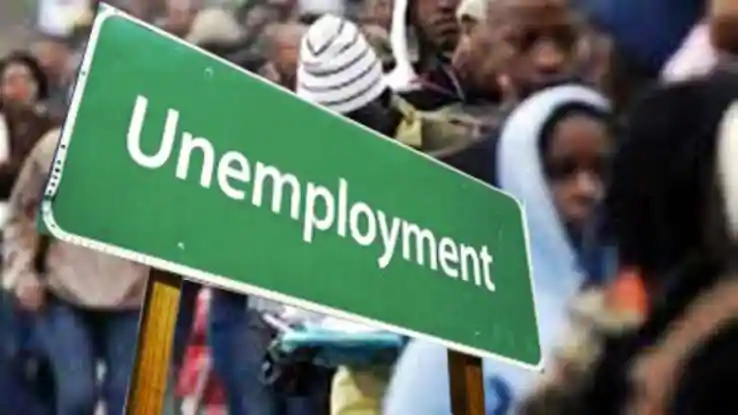Controversy Erupts as NBS Unemployment Report Faces Allegations of Fraud from Labour and Employers.
In a wave of criticism, organized labor and employers in Nigeria are vehemently rejecting the latest unemployment report released by the Nigeria Bureau of Statistics (NBS). According to the NBS report, the unemployment rate in the country has purportedly decreased by 4.1%, a claim that has been met with skepticism and outright dismissal.
Read Also President Election Tribunal to Decide Bola Tinubu’s Fate on September 16, 2023
Leading figures within organized labor have voiced their concerns over the credibility of the NBS report. A senior official from the Nigeria Labour Congress (NLC) expressed doubt over the figures, suggesting that the NBS might have manipulated its employment template to portray a lower unemployment rate. The official cautioned that such actions could erode the NBS’s credibility and integrity.
Furthermore, representatives of various labor unions pointed to the divergence between the report and the stark realities on the ground. They argued that the closure of factories and the lack of new job opportunities for the increasing number of graduates entering the labor market contradict the reported decrease in unemployment.
Pay Attention To Tinubu’s Chicago State University Certificates: Here are the Discrepancies and Similarities
The Non-Academic Staff Union of Educational and Associated Institutions (NASU) raised concerns about the timing of the report, stating that temporary employment opportunities during political activities should not be counted as genuine job creation. They emphasized the need for substantial efforts by the government at all levels to address the issue of unemployment.
Industry representatives, including the National Union of Textile Garment and Tailoring Workers of Nigeria (NUTGTWN), noted that the manufacturing sector has experienced job losses and factory closures rather than growth. They called for a cautious approach to addressing employment concerns and urged the government to prioritize the revival of labor-intensive industries.
Trade unions and labor leaders criticized the lack of transparency in the data generation process, pointing to the dearth of reliable data in Nigeria. The harsh reality of unemployment, exacerbated by challenges such as currency fluctuations, removal of fuel subsidies, and rising electricity tariffs, was highlighted as a stark contrast to the NBS report’s claims.
- Jumma Mubarak Dua, Quotes And Wishes (100 Jummah Mubarak)
- What does shayo mean | 5 Reasons Nigerians Call Alcohol Shayo
- Airtel night plan 2023: Get 1.5GB for N50 Subscription code
In a statement, the Executive Secretary of the Chemical and Non-Metallic Products Employers’ Federation (CAMPEF) emphasized the need for the government to address the challenges faced by the manufacturing sector. These challenges have led to poor capacity utilization, operational shutdowns, and job losses.
The National Union of Chemical, Footwear, Rubber, Leather, and Non-Metallic Products Employees (NUCFRLANMPE) decried the difficult business environment in Nigeria, which they claimed had led to the loss of over 20,000 workers in the last year alone. They cited issues like erratic electricity supply, lack of access to foreign exchange, and surging fuel prices as contributing factors to the decline in employment.
As the NBS report continues to face criticism from various quarters, the prevailing sentiment among labor unions and employers is that the reported decrease in unemployment does not align with the economic realities on the ground. The call for accurate and representative data that truly reflects the challenges faced by the workforce remains paramount in the quest for meaningful solutions to Nigeria’s unemployment crisis.










